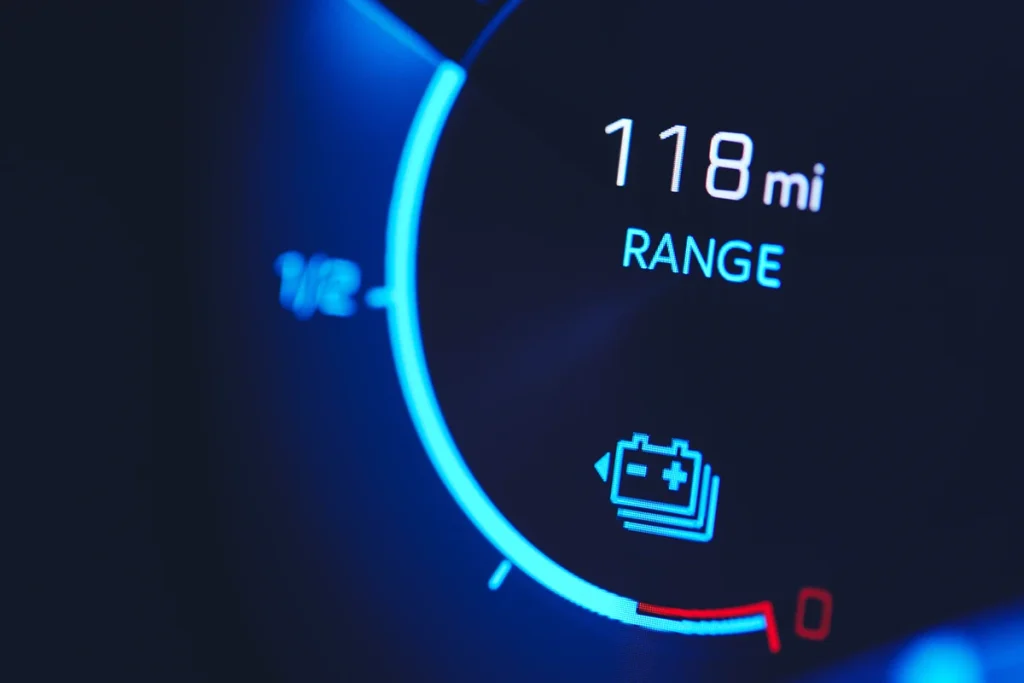Electric vehicle owners often face challenges like limited charging infrastructure and higher utility bills. The introduction of new registration fees aims to compensate for the state’s reduced revenue from gasoline taxes, which traditionally fund road construction and maintenance.
Texas motorists intending to go green will need to dig deep in their pockets from Sept. 1 onwards. Gov. Greg Abbott endorsed Senate Bill 505 into law earlier this week, thereby implementing a $400 registration fee for electric vehicles in Texas, coupled with a yearly fee of $200.
These fees are on top of the annual vehicle registration fees in Texas, which stand at $50.75 for a majority of trucks or passenger vehicles. Consequently, a new owner of an EV could see themselves paying upwards of $650 during the first year.
In March, the Texas Senate approved the bill, which the state House later endorsed the following month. The legislation, known as SB 505 and spearheaded by Republican Sen. Robert Nichols, aims to ensure that electric vehicle (EV) owners contribute their fair share to state highway funding—a responsibility traditionally covered by gasoline and diesel fuel taxes.
Sen. Nichols explained in March that when an all-electric vehicle replaces a gasoline or diesel vehicle on the road, it results in a loss of revenue for the state highway fund. Thus, the objective is to determine the extent of this financial impact at both state and federal levels and offset it through fee adjustments.
Under the state law, the fees collected will be directed to the state highway fund. Lawmakers have expressed concerns that electric vehicle (EV) drivers were not contributing their fair share towards road construction and repairs across Texas.
A 2020 report by the Texas Department of Motor Vehicles revealed that the state experienced an average loss of $200 annually in federal and state gasoline tax revenue for each EV replacing a gasoline-powered vehicle. This additional fee was recommended as a straightforward solution to address this issue.
To help offset the costs, Texas provides a limited incentive in the form of rebates. These rebates can reach up to $2,500 for a maximum of 2,000 new hydrogen fuel cell, electric, or hybrid vehicles every two years. Adrian Shelley, the director of Public Citizen’s Texas office, suggested that expanding these rebates would be beneficial for the state.


